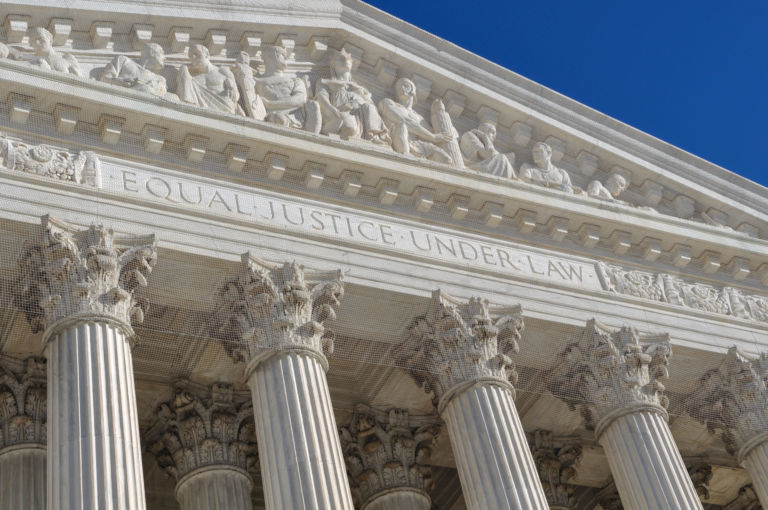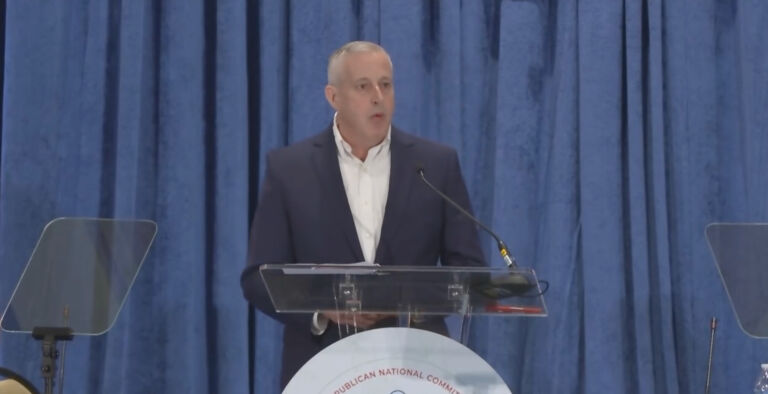Editors at National Review Online assess the impact of former President Donald Trump’s New Hampshire primary win.
Donald Trump didn’t romp in New Hampshire, but he still won handily.
It’s unprecedented in the modern era for a Republican candidate in a contested nomination battle to win both Iowa and New Hampshire. Republican primary voters not only are on the Trump train, they’ve bought first-class tickets and expect an on-time arrival.
Like Ron DeSantis before her, Nikki Haley has now finished second in her most promising state. She had the endorsement of the popular sitting governor, Chris Sununu, who campaigned tirelessly for her, while New Hampshire’s relatively moderate electorate, with a large bloc of independents routinely participating in the GOP primary, made for ideal terrain for her. She won 60 percent of independents and only 25 percent of Republicans. That was enough to get within about eleven points of Trump in New Hampshire but not enough to win there; nor, if the pattern holds, will it be enough to win anywhere else.
That said, it is not an act of partisan treason, as some are suggesting, for Haley to court and win independents. Trump won them in 2016, without any MAGA figures suggesting that it was wrong of him to do so.
Haley has pledged to fight on, but she is trailing badly in South Carolina and will face an intense pressure campaign to drop out.
If there were any doubt what Republicans are really signing up for with Trump, he removed it with an unhinged victory speech where he couldn’t control his anger at Nikki Haley for giving an upbeat speech earlier in the night pledging to carry on. Trump kept obsessively coming back to her speech. And he mocked Governor Sununu and described himself as bent on revenge — on a night when he won New Hampshire with more than 50 percent.


